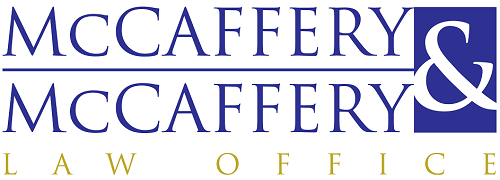|
||||

|
Borrower & Buyer Services Closing Agents/Attorneys And The Closing Process Your application to your lender for a home mortgage loan leads you inevitably to the closing attorney's office. You undoubtedly have questions as to what the role of the closing attorney is, what tasks the closing attorney will perform and what will take place at the closing. First, understand that the closing attorney represents the interests of the lender. However, if your loan transaction is a common Fannie Mae/Freddie Mac/FHA transaction the loan documentation and the promises and obligations you are asked to make are uniform throughout the state and in most instances throughout the country. Therefore, your interests are protected by the uniformity of the documents you will be asked to sign and their regulation by state and federal agencies. Our firm makes every effort to assist borrowers in the mortgage loan transaction. Sometimes issues arise regarding the record title to a borrower's property. If there are title issues or issues involving inaccuracies, we endeavor to satisfy the borrower and keep them informed of all relevant issues. When possible, we seek to resolve title issues and disputes as reasonably as possible. The fees quoted to you by your lender include a variety of items. Those which involve our office may include the following and are standard transactional items for representing the lender in residential loan transactions: Legal Fee – May include any or all of the following: obtaining a title examination from title examiners at the various Registry of Deeds, title review, obtaining municipal lien information & survey information, loan document preparation, title certification, communications with borrowers, sellers, broker, etc., conducting closing, payoff of all liens and sundry other matters relating to the loan closing. Title Abstract- A review of the title to property. Mortgage Survey Plan (if required)- Sometimes referred to as a plot plan, this is a tape measure survey of the land to be mortgaged to determine that it was not in violation of zoning when constructed and that no buildings or improvements encroach upon the property or over its lot lines. Municipal Lien Information - Obtained from the city or town where the property lies including all outstanding tax and utility liens. Title Insurance - The lender requires a loan policy of title insurance for the loan amount in order to protect their interests from issues relating to the title to the property that could not be determined from an examination of the record of the title. Recording Costs/Courier & Certified Copy Fees - These include the cost to courier the mortgage payoff and loan documentation for safe and timely delivery, to record the mortgage and other transactional documents and obtaining Registry certified copies that may be required in certain transactions. This is a list of some of the items that you may be asked to pay in a normal residential loan transaction. In the case of a no point/no closing cost transaction your lender will pay these costs. This explanation should serve as a brief overview of the items described above. For a further explanation please contact your lender or our office. The mortgage loan closing process may sometimes seem complicated and confusing. However, you will find that a few minutes of simple explanation can almost always relieve any anxiety or confusion about the process. We look forward to seeing you at your closing. |
Borrower & Buyer Services: The Closing Process: An Explanation How Our Firm Can Represent Your Interests at the Closing HUD Information on Buying a Home HUD Information on the Real Estate Settlement Procedures Act (RESPA) Seller Services: Closing Information That We Require to Process Your Transaction |
Most people's biggest investment is their home and who would want to lose that investment to payoff a credit card or lawsuit? Massachusetts law offers substantial protection to homeowners from having their principal residence sold to pay unsecured debts such as credit cards and lawsuits and it is called the Massachusetts Homestead Act. |
330 Boston Rd. Suite 2, |
|
|||||||||||


 IS YOUR HOME PROTECTED?
IS YOUR HOME PROTECTED?

